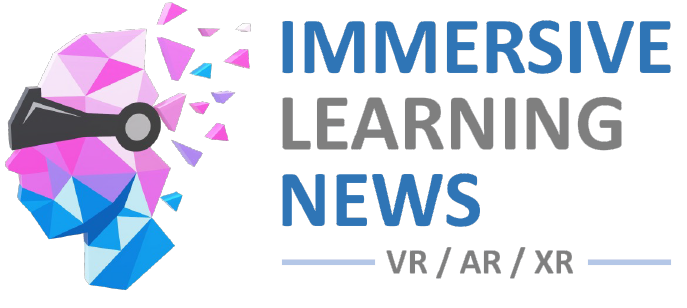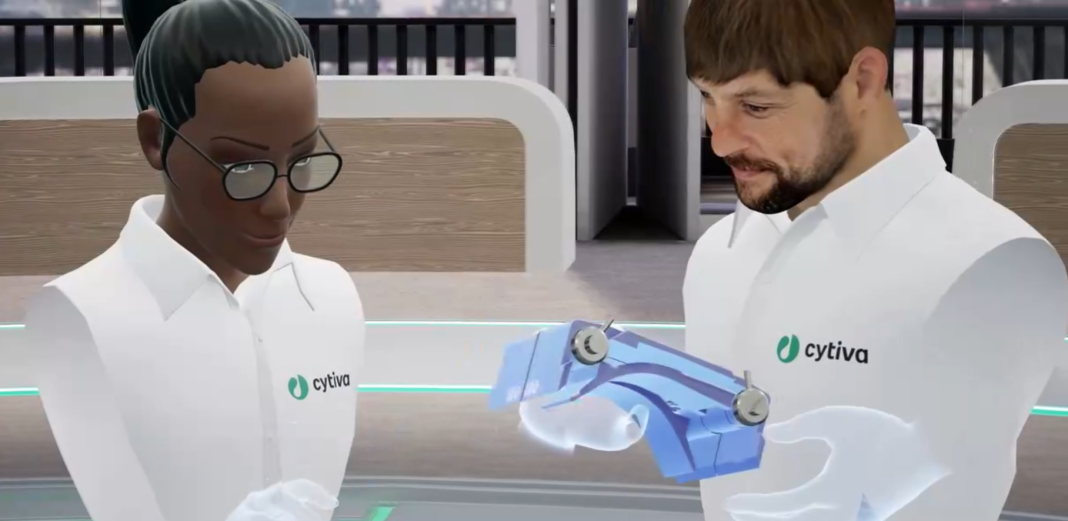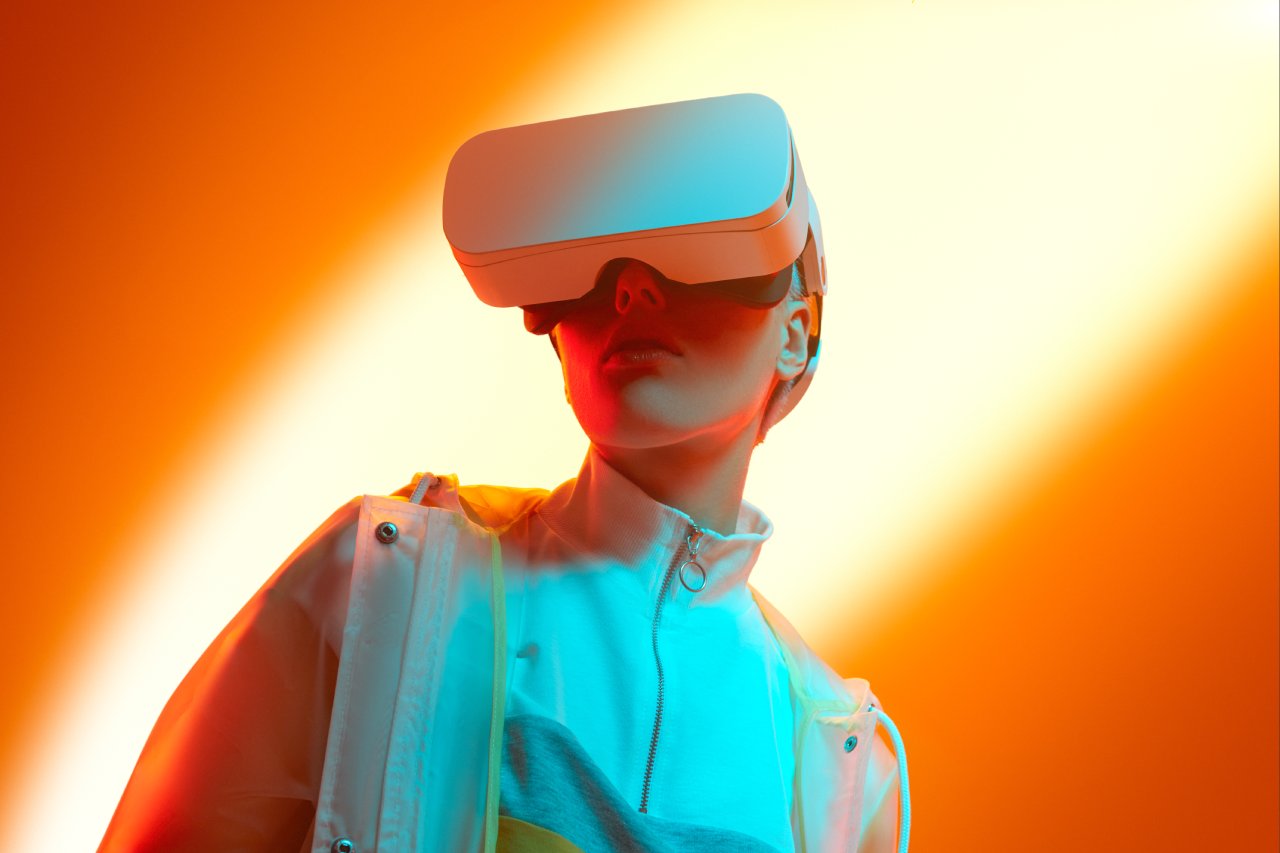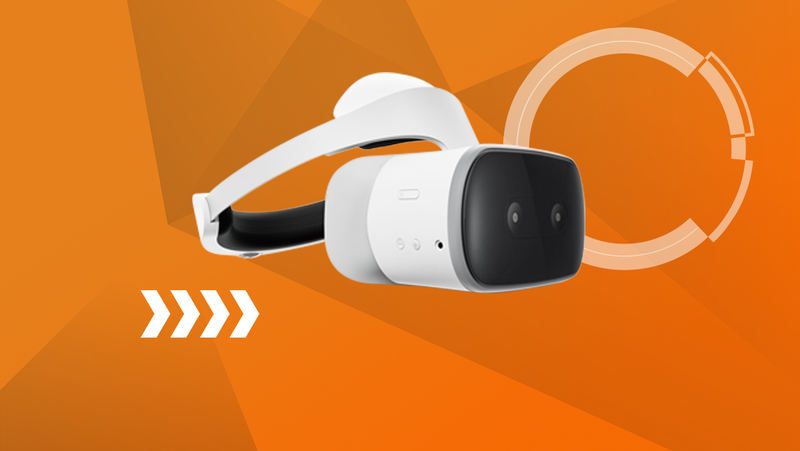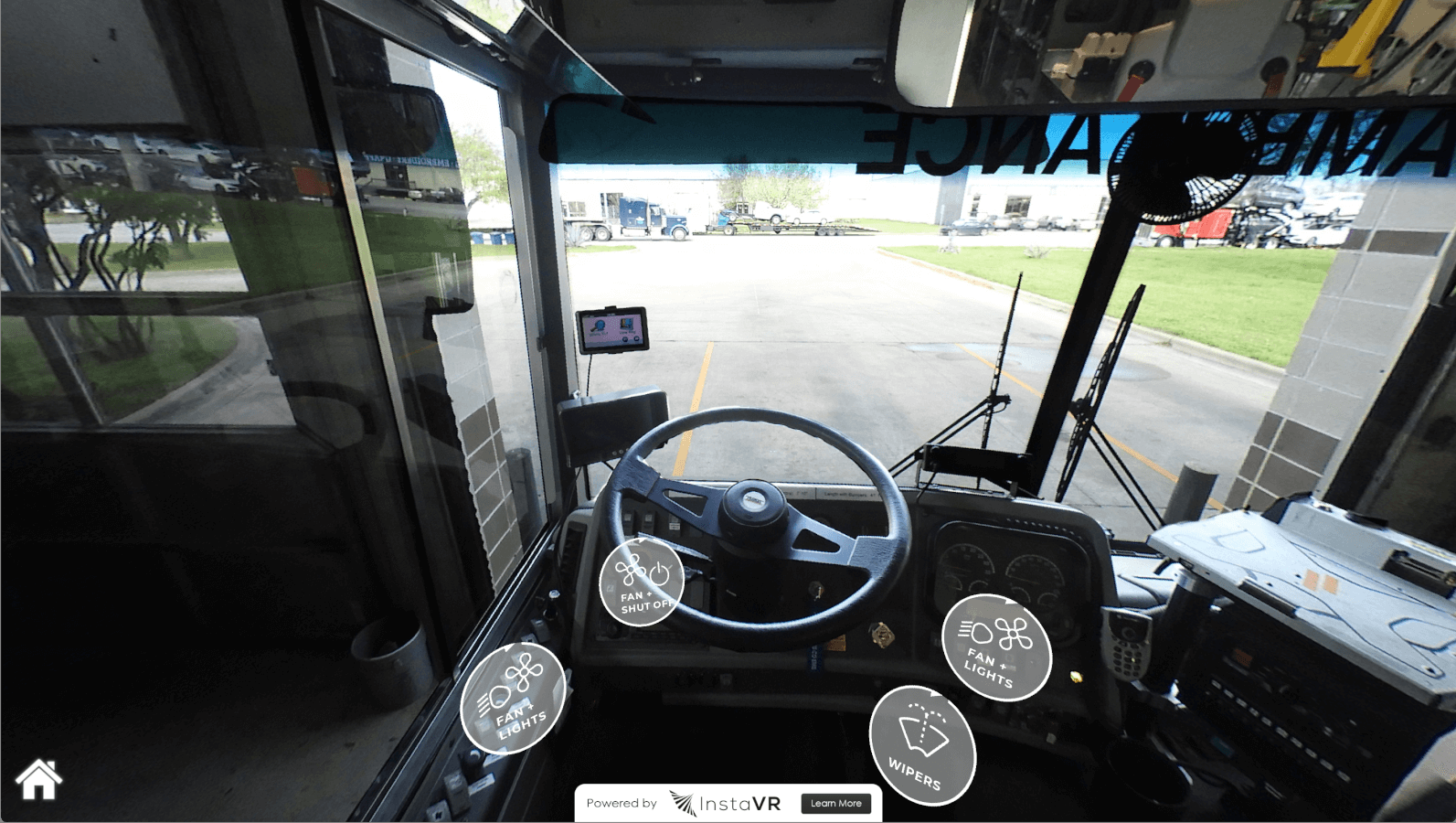Training personnel creates fundamental challenges in bioprocessing. These challenges include limitations in access to the equipment and trainers, as well as global and regional barriers. In search of a solution, experts at Cytiva turned to virtual reality.
“Virtual reality isn’t just for fun, because it has scientific, business, and environmental benefits,” says Steve Wooten, virtual reality project lead at Cytiva. “We were working to develop a virtual reality training model for a while, and the pandemic accelerated our plans.”
A virtual-reality system can train operators without shutting down commercial production or maintaining equipment used only for training. Instead, Wooten notes, “trainees can be brought into a virtual environment where they can learn at their own pace anywhere in the world.”
Although this is the first fully immersive experience that Wooten helped to create, he is not new to this general field. As he says, “I have been an early adopter and champion of innovative training solutions for decades.” Today, he believes that “virtual reality is just the next method with broad applicability that can address training and development needs.”
Even now, he points out that using a virtual environment can train bioprocessing personnel in half the time of traditional approaches. Plus, he adds that virtual training leads to “a dramatic reduction in performance errors” once personnel go on the bioprocessing line.
In developing a virtual-reality training system, though, Wooten and his colleagues faced two key concerns in the industry. First, many bioprocessors thought that training based on virtual reality would cost more than traditional approaches, but that’s not what Cytiva has found. “In fact, virtual training reduces costs and provides a more flexible training schedule and learning environment,” Wooten notes.
The second concern is called virtual-reality fatigue. “Many people thought they would experience dizziness or disorientation when training,” Wooten says. “However, we optimized our system with high-end specs so that users can spend upwards of two to three hours—if they choose—without any issues.”
Although the COVID-19 pandemic accelerated Cytiva’s interest in applying virtual reality to training bioprocessors, this approach looks like it can benefit the industry at any time.
Quelle:
